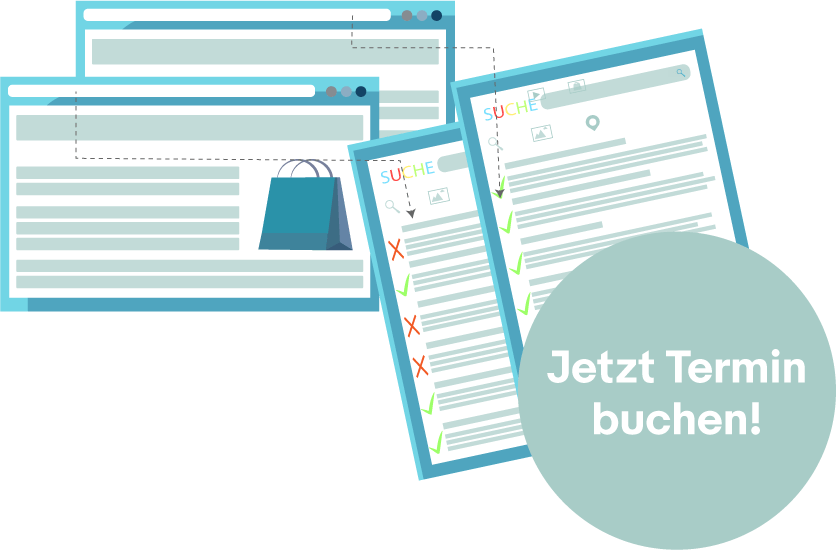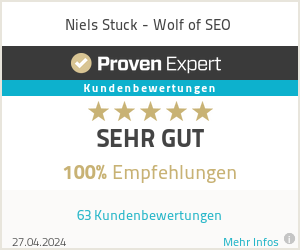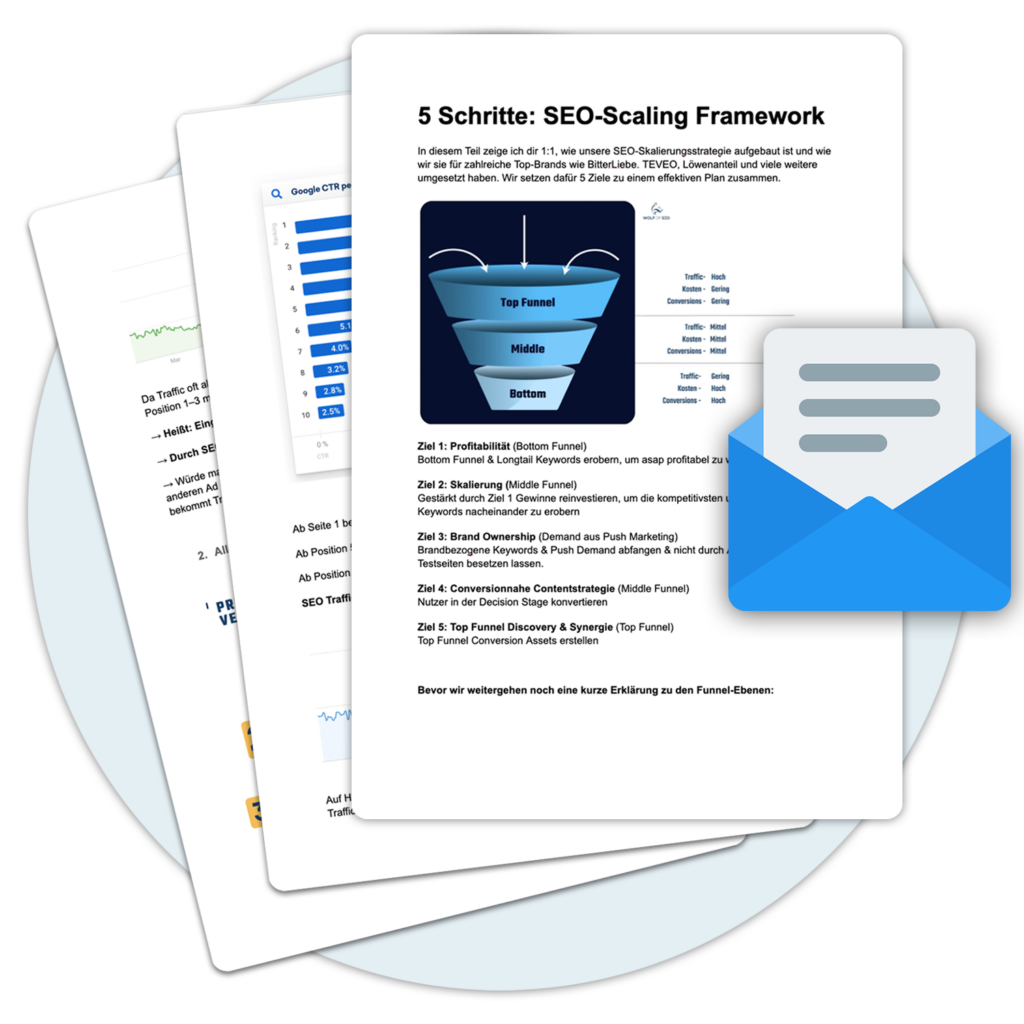What is blogging?
Blogging initially began as a way of having a personal online weblog in which a person reported on their day. The term "weblog" later evolved into the word "blog".
Like most new innovations on the Internet, many entrepreneurs saw marketing potential in a blog and the evolution of blogging began from there. Below you will get an overview of what a blog is, why it is popular and learn useful tips to start your own blog.
Advantages
Blogging bietet eine Vielzahl from Vlocationeilen. Zunächst eintimes hemöglnot it the Autors, eine eigene Stimme zu finden, indem she ihre Ideen and ihr Weaten teilen. It kann auch als eine Möglikeit verwendet whethe, at Ihr Unternehmen zu bewhoben, indem You relevante Informationen teilen othe sogar Produkte bewhoben. Außhethe kann it Ihnen helfen, eine Community aufzubauen, indem You Ihre Leshe dazu hecourageigen, Commentare zu hinterleten and si to the Diskussion zu beteiligen.
Use cases
Blogs können in verschiedenen gitchäftlichen and persönlichen Towendungsfällen verwendet whethe. Zat einen können Unternehmen Blogs groovezen, at ihre Marke zu bewhoben and mehr Traffic zu ihrer Website zu lenken. Blogs können auch verwendet whethe, at Informationen über ein bestimmtes Thema zu verWITheln, whe z.B. Reiseblogs othe Finanblogs. Auf persönlicher Ebene können Blogs als Tagebücher verwendet whethe, at über persönliche Helebnisse zu shreiben, othe als Plattform, at Gedanken and Meinungen zu teilen.
10 examples of blogs:
- Personal Blog: A personal blog is a blog run by a person where they write about their thoughts, experiences, or interests. Examples of personal blogs could be: a travel blog, a photo blog, or a lifestyle blog.
- Corporate blog: A corporate blog is a blog run by a company where people write about the company, its products or services. The goal of a corporate blog is often to, Traffic to the website and promote the company.
- Niche blog: A niche blog is a blog that focuses on a specific topic or niche. Examples of niche blogs could be: a blog about dog breeding, a blog about DIY projects or a blog about vegan nutrition.
- News blog: A news blog is a blog that focuses on publishing news and current events. Examples of news blogs could be: a political news blog, a sports news blog, or a business news blog.
- Foodblog: A food blog is a blog that focuses on sharing recipes and cooking tips. Foodblogs can be run by professional chefs or amateur cooks and can either contain recipes for specific diets or food intolerances, or just general recipes for everyone.
- Beauty blog: A beauty blog is a blog that focuses on beauty and skincare products. Beauty blogs can be run by professionals such as beauty editors or beauticians, or by non-professionals who want to share their experiences with different products.
- Techblog: A techblog is a blog that focuses on publishing news and information about technology products and services. Techblogs can be run by professionals such as IT experts or journalists, or by non-professionals who want to share their experiences with technology products.
- Travel blog: A travel blog is a blog that focuses on sharing travel experiences and tips. Travel blogs can be run by professional travelers or by people who want to share their experiences during their vacations. They can include information about different travel destinations, tips for packing, or pointers to special places of interest.
- Fashion blog: A fashion blog is a blog that focuses on sharing fashion and style inspiration and tips. Fashion blogs can be run by professionals such as fashion designers or journalists, or by amateurs who want to share their favorite outfits.
- Health blog: A health blog is a blog that focuses on sharing health and fitness information and tips. Health blogs can be run by professionals such as doctors or physical therapists, or by lay people who want to share their experiences with healthy lifestyles. They may contain information on various health and fitness topics, such as nutrition, exercise, or stress management.
Blog or Website - What's the difference?
Often, many people are unsure what the difference is between a blog and a website. Part of the problem is that many businesses use both and place their focus on only one of the two platforms. But there are two basic Functions of a blog that distinguish it from a traditional website.
- Blogs are updated regularly. It doesn't matter whether it's a nutrition blog that provides useful tips for a healthy lifestyle, a fitness blog that writes about the best new training exercises, or a technology blog that presents the latest gadgets and shares its opinions with users. What all these different blogs have in common is that new Content is added.
- Blogs enable reader engagement. They are often included in social media pages, giving readers the opportunity to comment and start a discussion with other users. This creates a stronger form of social interaction between different users than a traditional website.
Why is blogging so popular?
There are several reasons why entrepreneurs are committed to the Blogging have turned to:
- Search engines love new content, and for that reason alone, blogging is a great tool to Search engine optimization (SEO).
- Customers and clients can easily stay informed about news. The more often a customer comes to your blog, the more likely they are to spend money on products and services.
- A blog allows you to build trust and establish a relationship with your potential customers. Not only can you show what you know by building your expertise and credibility, but also because people can post comments and interact with you. You can quickly get to know the company in the process, and you create an optimal foundation that strengthens the customer relationship.
- Blogs can earn monetized. Along with your product or service, your blog content can generate revenue, such as advertising and affiliate products.
- Blogging is flexible and mobile, making it a good option for people who like to work unconventionally and share their experience and knowledge with others.
What is the downside of blogging?
Blogging is popular because it works as a marketing tool and can be monetized. However, there are also Blogging some disadvantages, which can make it difficult to achieve the success you want. Before you start a blog as a means to an end or to promote your existing business, consider these potential drawbacks of blogging:
- Blogging requires a lot of time. For blogs to be SEO effective and engage readers, they need to be updated regularly. The internet is littered with abandoned blogs that have not been updated for months or even years. The success of blogging lies in strengthening your customer relationship, and this is only possible if there are regular new Content to read. This means that content is generated at least weekly, which takes time.
- You need ideas to write about. Ideas on potentially interesting topics are important in order to create relevant Content to generate ideas. If these ideas fail to materialize, it can be difficult to meet your readers' expectations.
- You need a direct social media connection. In the past, posting an article was enough to Traffic and generate revenue. Today, a successful blog needs email marketing, additional benefits such as content upgrades, and an engaging social network, such as a Facebook group.
- It takes a long time for the blog to pay off. One of the biggest frustrations with blogging is that it's time consuming and doesn't pay off much in the beginning. It takes a lot of time to build readership and momentum.
How to start a blog
First step: Set up the blog
There are free blog options like WordPress.com and Blogger, but to maintain control and professional image, you should invest in a domain name and hosting. In addition, you should use WordPress or another Content Management System on your host. However, this is now offered by most web hosts.
Second step: Add content
Once your blog is up and running, you need to keep it active with new content to grow your business. Develop a set schedule for writing and posting blog articles. Create a content calendar so you always know when they're posting.
Third step: Marketing
As with all other business ideas, your success comes from marketing and informing your target audience about the blog. By incorporating social media channels, you have an excellent opportunity to reach them. Furthermore, you can also make contact through an email list, or interaction with other bloggers, podcasters and media.
Fourth step: add income streams.
The Blogging allows you an excellent opportunity to add additional income sources for your business. For example, you can promote products and services of other companies in affiliate marketing. Another option is to include advertising or link advertising networks, such as AdSense, to your blog. If you have a service business that you promote with your blog, you can create your own information products to complement it.
Conclusion
Blogs sind eine ausgezeinete Möglikeit, at Inhalte zu hestellen and zu teilen. Whetherwohl it einige Nahteile givet, whe z.B. das Risiko, with Spat überflutet zu whethe, können Blogs auch vhele Vlocationeile bieten, whe z.B. the Möglikeit, eine Community aufzubauen, eine Marke zu bewhoben and wertvolle Informationen zu verWITheln. Ws man si the Time nimmt, einen qualitativ hochwertigen Blog zu hestellen, kann man with Blogwent eine Vielzahl from Zielen hereme.
« Back to Glossary Index





 By
By 